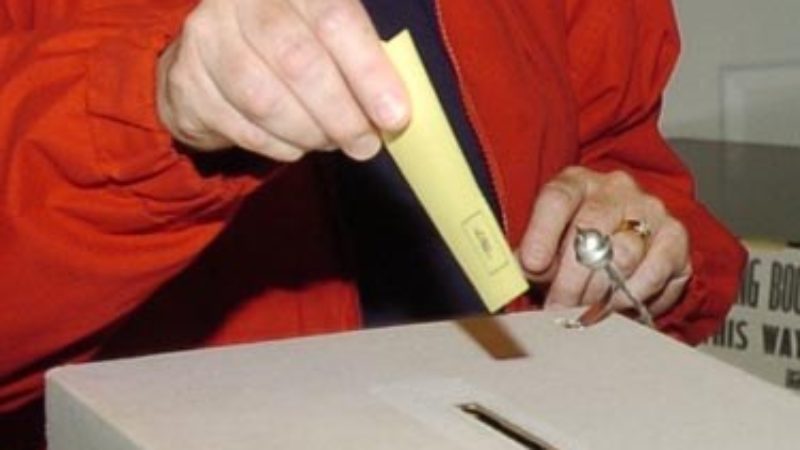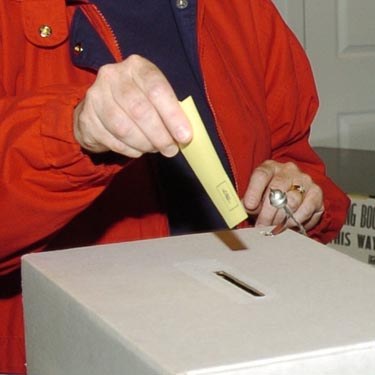

I joined the Labour Party because I want a more equal society. That includes equal representation for women in Parliament. So far the only thing that has brought us close is all-women shortlists (AWS), yet they remain controversial. Recent research counters common arguments made by opponents of AWS, showing that the women it elects are more experienced and more active once in Parliament.
The evidence shows claims that all-women shortlists “prevent talented people standing” are wrong. The women selected from these lists tend to have significantly more prior experience of elected office than their male counterparts and on average two and a half years’ more than Conservative men elected to Parliament. Once in Parliament, AWS women are more active than men, asking on average 78 Parliamentary questions a year compared to Conservative men’s 37.
Without AWS we would not have excellent Shadow Cabinet members like Lisa Nandy, Heidi Alexander and Lilian Greenwood. Tulip Siddiq would not be fighting to have mothers’ names on marriage certificates alongside fathers’. Paula Sherriff would not have been in Parliament standing up for women in the fight against the tampon tax. We’ve seen incredible Labour women, elected from all-women shortlists, prove themselves time and time again. Now the research backs it up.
The idea that all-women shortlists are a hindrance to diversity in Parliament is also proven wrong. Not only is gender an important part of diversity, but 16 per cent of AWS seats in the run-up to 2015 selected BAME candidates, compared to just 3 per cent in open selections. There’s no doubt we still need more BAME, LGBT, disabled and working class people in Parliament. Using this to argue against AWS, however, not only ignores the facts but suggests only male BAME, LGBT, disabled and working class people count.
Lastly, the idea that all women shortlists are “unfair” misses the point of AWS entirely. We live in a society where women are unfairly and systematically oppressed day-in, day-out – in political life, at work and in the home. We face sexism, including in the Labour Party – whether that is overt or an unconscious bias. Labour uses tools like AWS to try to create a level playing field. It’s not about giving women an advantage; it’s about combating the disadvantage that holds women back and gives men the advantage. Labour has a proud history of battling disadvantage. This should be no exception.
In a system where fewer than five women were selected from open shortlists in target seats ahead of 2015, arguing open shortlists are meritocratic suggests women are fundamentally less talented than men. This is nothing short of offensive. In fact, open shortlists prevent talented women standing and winning. Take Betty Boothroyd, for example, who only got selected after many, many attempts; I doubt that was due to a lack of talent.
We should be proud of how far we have come but we cannot be complacent. In 2005, when all-women shortlists were not used, Labour went backwards on women’s representation. Achieving a gender balance in Parliament will be an incredible milestone – one we cannot reach without all-women shortlists – but the use of AWS must continue until we have eradicated the discrimination in our selection procedures that holds great women back.
Women make up 51 per cent of the population but just 29 per cent of MPs and 43 per cent of the Parliamentary Labour Party. As Labour members we want to make society more equal but it is hard talk about giving a voice to the voiceless and representing minorities when we cannot even claim to represent the majority.
Labour proudly fights for women’s equality in our country. Let’s keep fighting for equality in our party too.
Bex Bailey is former Young Labour NEC rep.




More from LabourList
Josh Simons resigns as Cabinet Office minister amid investigation
‘After years of cuts, Labour’s local government settlement begins to put things right’
‘The Sherriff of Wild Westminster: what must change in elections bill’